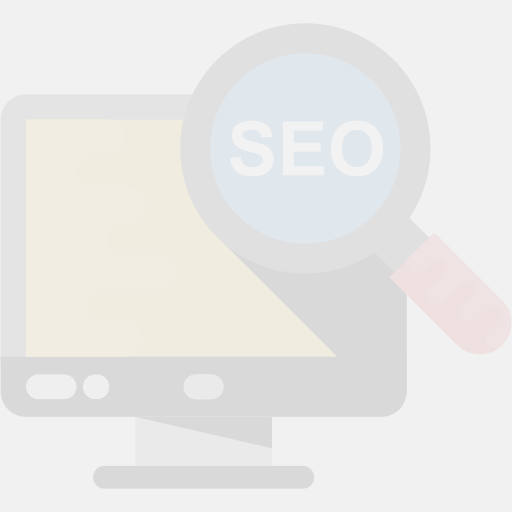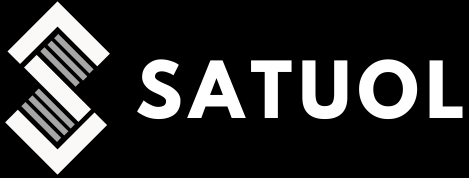WHAT IS SEM
Search Engine Marketing
Search Engine Marketing (SEM) refers to the comprehensive strategy of promoting websites by enhancing their visibility in search engine results pages (SERPs) through both paid advertising and search engine optimization (SEO) efforts. SEM encompasses a range of tactics to drive more traffic to websites, increase their visibility, and ultimately improve online presence and performance.
In the ever-expanding digital landscape, SEM emerges as a cornerstone of effective online marketing strategies. At its core, SEM combines the power of paid advertising and organic optimization to elevate a website’s visibility on search engine results pages (SERPs).

Why Is It Important?
Instant Visibility
SEM enables businesses to achieve immediate visibility in search results through paid advertising. This instant exposure is crucial for capturing the attention of potential customers actively seeking products or services.
Targeted Reach
Through carefully crafted keyword strategies, SEM ensures that businesses reach their most relevant audience. By bidding on specific keywords, advertisers can precisely target users who are likely to convert, optimizing their marketing budget.
Flexibility and Control
SEM campaigns offer unparalleled flexibility. Advertisers have control over their budget, allowing them to adjust spending based on performance. Ad copy, targeting parameters, and keywords can be refined in real-time for optimal results.
Measurable Results
SEM provides detailed analytics and performance metrics. Businesses can track the success of their campaigns, measure ROI, and gain insights into user behavior. This data-driven approach empowers strategic decision-making and continuous improvement.
Competitive Edge
In today's competitive digital landscape, maintaining visibility is key. SEM gives businesses a competitive edge by ensuring they appear prominently in search results, outshining competitors and establishing themselves as industry leaders.
Adaptability to Trends
SEM strategies can quickly adapt to changing market trends and user behaviors. Whether it's adjusting keywords, refining ad copy, or optimizing landing pages, SEM allows businesses to stay agile and responsive in the dynamic digital environment.
Key Components
Paid Search Advertising
Also known as PPC, it involves placing online advertisements in search engine results. Advertisers bid on specific keywords relevant to their target audience. When users search for those keywords, the ads appear at the top or bottom of the search results.

Search Engine Optimization
Or SEO. While SEM often includes paid strategies, it also involves optimizing a website organically to improve its ranking in unpaid or “natural” search engine results. This includes on-page and off-page optimization techniques to enhance a website’s relevance and authority.

Keyword Research
Constantly monitoring and analyzing the performance of SEM campaigns. This includes tracking key metrics such as click-through rates (CTR), conversion rates, and return on investment (ROI).

Ad Copy and Creatives
Crafting compelling and relevant ad copy for paid search campaigns. This involves creating attention-grabbing headlines and descriptions to encourage users to click on the ads.

Landing Page Optimization
Ensuring that the pages users land on after clicking on an ad (or through organic search) are optimized for conversions. This includes a user-friendly layout, relevant content, and clear calls-to-action.

Analytics and Monitoring
Identifying and selecting the right keywords that potential customers might use when searching for products or services. This is crucial for both paid and organic search strategies.

Elevate Your Digital Presence Today!
Ready to propel your brand to new heights in the digital realm? Seize the power of Search Engine Marketing (SEM) and unlock unparalleled visibility, targeted reach, and immediate results. Let’s embark on a journey to elevate your online presence and drive meaningful success.
Get Started with SEM Excellence
Transform Your Digital Strategy
Discover the SEM
Advantage
Ready to embark on a journey of digital excellence? Contact us today and let’s shape a tailored SEM strategy that aligns with your business goals and accelerates your online success.
Transform your digital narrative with SEM – the catalyst for meaningful, measurable, and immediate digital success!

